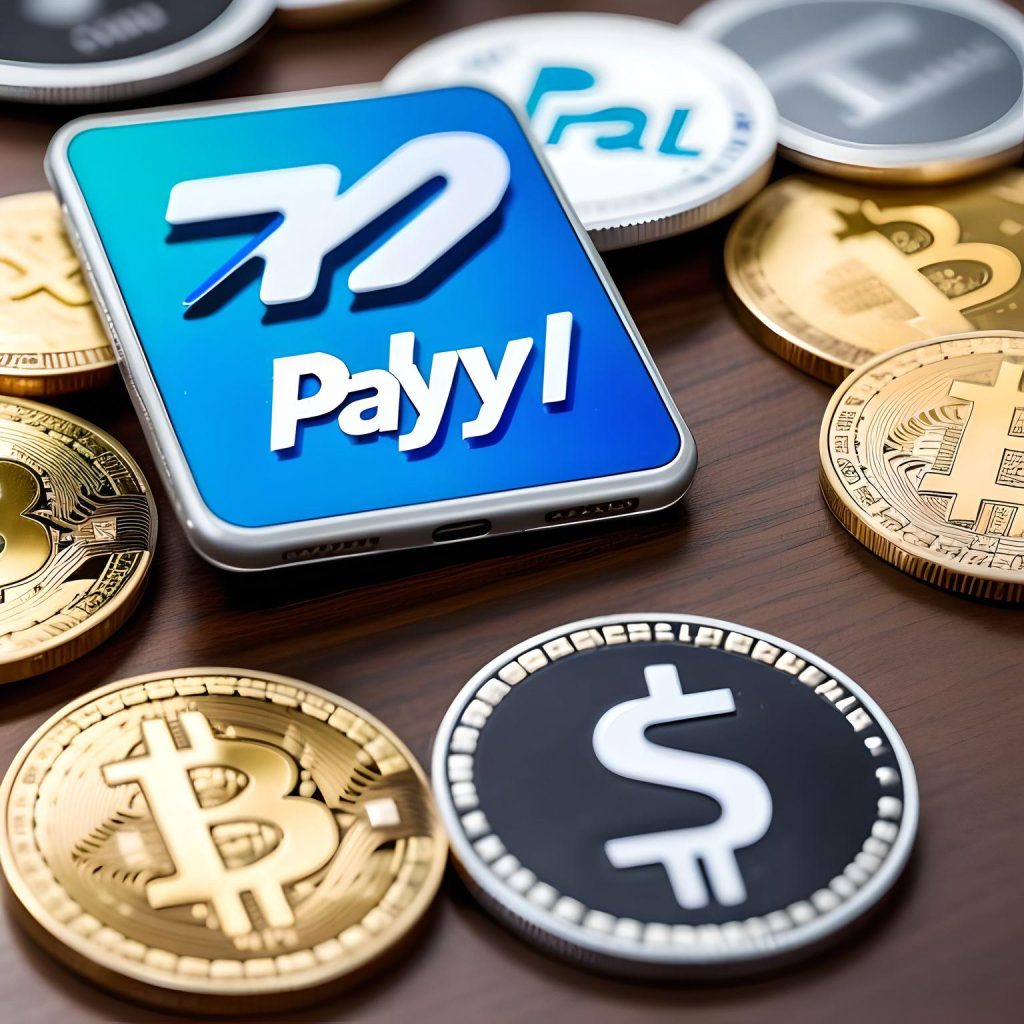Launching a brand-new coin could seem dangerous given the continued ambiguity surrounding how stablecoins should be audited, as well as the disclosures and reporting that should go along with these instruments. While that may be the case, PayPal has really followed through on this. On August 7th, Paypal stated that it would introduce PYUSD, a native stablecoin that would be accepted by both users and merchants.
On the surface, this would seem like a strange decision for a corporation whose primary function is processing fiat transactions, but it ignores the fact that PayPal has been actively participating in the cryptocurrency space for a long time. PayPal first allowed consumers to buy and sell specific select crypto assets on the platform through agreements with the crypto industry dating back to 2014; this then developed into allowing certain payments to be made in these specific select crypto assets.
Unfortunately for bitcoin maximalists, crypto assets and the tokenization of financial instruments are less about one particular currency and more about a fundamental change in how data—both financial and non-financial—is conveyed between two or more parties.
According to research by Codex, the total value of stablecoin transactions will reach $130 billion in 2023. Additionally, institutions and nation-states are showing an increased interest in asset-backed tokens, suggesting that this type of instrument will likely become the mainstay of mainstream cryptocurrency payments. Nevertheless, each cryptocurrency asset is distinct and should be evaluated on its own merits. Let’s examine PYUSD and the considerations that investors should make as this narrative evolves.
PYUSD may have a significant impact on the overall crypto regulatory landscape, rather than the token itself, which may not be one of its most significant consequences. The launch of PYUSD, by one of the most well-known and widely utilized financial payment processors in the world, may provide the incentive authorities need to move forward with stablecoin regulation in the context of institutional crypto.
With an emphasis on stablecoins, hundreds of proposals that have been filed over the past few years, but no law to show for it, this event might offer lawmakers with a project that is too significant to ignore.
PYUSD appears to address many of the difficulties and worries that have previously plagued other stablecoins, specifically a limited set of use cases, according to press releases and other information released by the company. Users are able to transfer PYUSD between PayPal and other wallet providers as well as make payments directly to other users using the token at the PayPal checkout. Users of PayPal will be able to convert other currencies that PayPal supports into and out of PYUSD.
As a last point, PYUSD is completely backed and convertible into US dollars 1:1. Together, these characteristics demonstrate the robustness of the product and 1) make sense given the key position PayPal plays in digital payment systems.
PYUSD Highlights Ethereum’s Continued Dominance
This launch not only elevates PayPal to the forefront of the stablecoin and cryptocurrency discourse, at least among big financial institutions, but it also emphasizes Ethereum’s continuous supremacy in the crypto-product market. The Merge and Shapella upgrade has resulted in operational enhancements that have accelerated the Ethereum blockchain’s dominance of new product and service development in the cryptocurrency market. Following the launch of PYUSD, price movement in relation to ETH was moderate, but investors would be well advised to keep an eye on how future price movements will be influenced by the growing number of Ethereum offerings.
In terms of market capitalization, market coverage, and popular awareness, bitcoin continues to dominate, but the “boring” stablecoin industry is gradually eroding this dominance.
PYUSD Places a Focus on Transparency
Investors, regulators, and users will all undoubtedly be skeptical of any centrally controlled and managed crypto asset, especially in light of the recent failures associated with stablecoin issuers and exchanges in 2021, 2022, and 2023. A variety of service providers have attempted to fill the hole left by the absence of authorized auditing or attestation standards, but their efforts fall short of the uniformity, comparability, and dependability of the current financial auditing and attestation laws. It is important to note that PayPal management felt it necessary to emphasize the importance that will be given to transparency even in the preliminary launch information highlighting the benefits and potential of this product.
To that end, both PayPal and Paxos will be releasing reserve attestation statements in an effort to reassure authorities and investors that the token is backed by suitable assets protected by suitable counterparty checks.
The adoption of stablecoins and the launch of stablecoins by TradFi institutions are appearing to be the next step in the evolution of the cryptocurrency market. PYUSD may not be an original idea or a perfect stablecoin iteration, but it undoubtedly paves the way for further growth and innovation. Investors and regulators would be well-positioned to pay attention.








